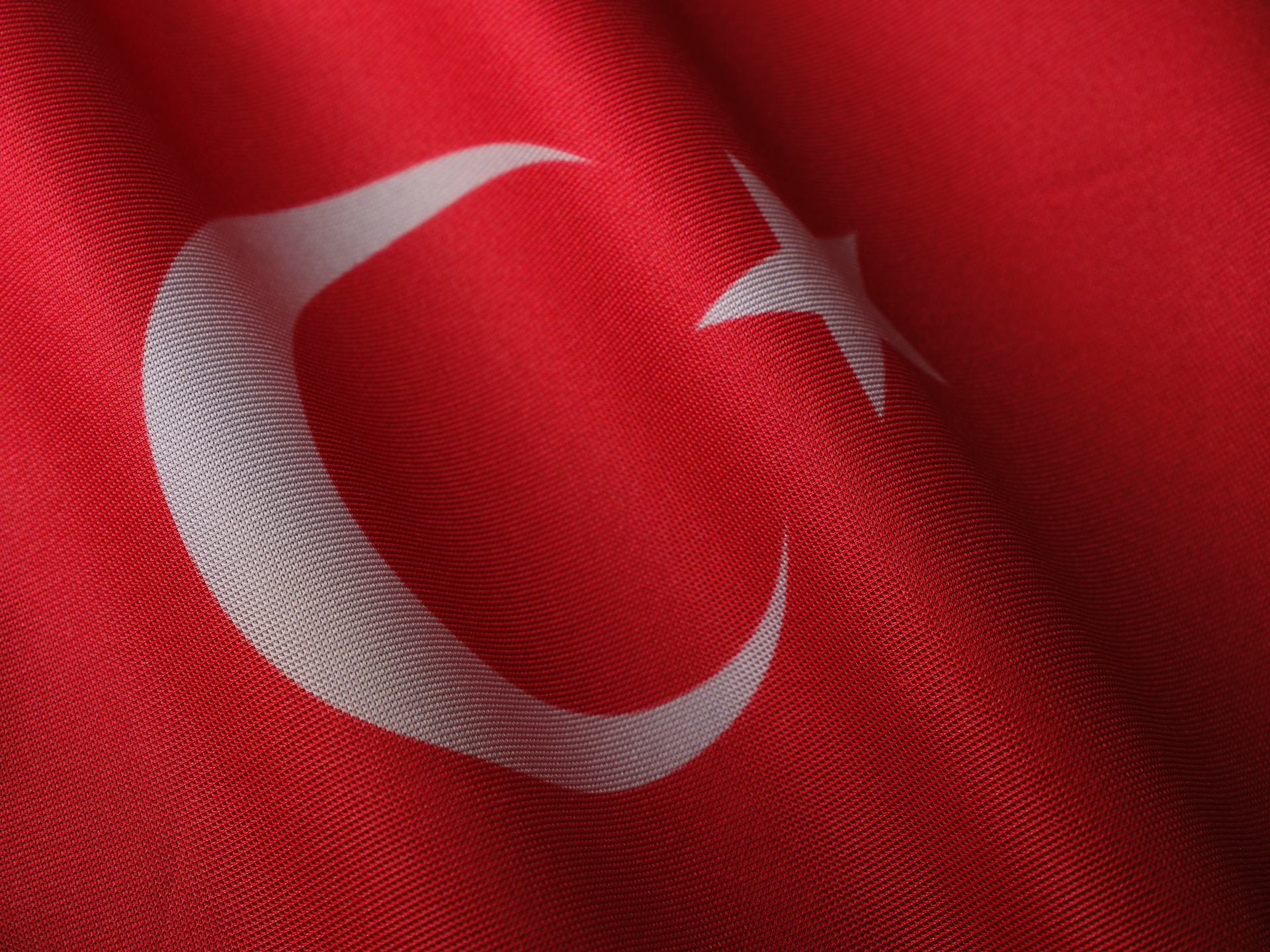Protecting intellectual property rights in Turkey is essential for businesses and individuals to succeed in the competitive global market. Understanding the available types of IP protection, the risks, and enforcement options can help rights holders make informed decisions about their IP assets. By implementing effective strategies, leveraging international IP treaties, and taking advantage of government initiatives, IP rights holders can safeguard their innovations and creations in Turkey and beyond.
Types of Intellectual Property Protection in Turkey
Turkey offers several types of intellectual property protection, including:
- Patents: Patents protect inventions that are new, involve an inventive step, and are capable of industrial application. In Turkey, patent protection lasts for 20 years from the date of filing, subject to the payment of annual fees.
- Utility Models: Utility models protect new and industrially applicable inventions that involve an inventive step. In Turkey, utility model protection lasts for 10 years from the date of filing.
- Industrial Designs: Industrial designs protect the aesthetic aspects of products, such as their shape, color, or ornamentation. Design protection in Turkey lasts for 25 years from the date of filing, subject to renewal every five years.
- Trademarks: Trademarks safeguard logos, symbols, words, or other distinctive signs that identify the goods or services of a particular business. Trademark protection in Turkey can last indefinitely, provided it is renewed every 10 years.
- Copyrights: Copyright protection covers literary, artistic, and scientific works, such as books, music, films, and software. In Turkey, copyright protection generally lasts for the lifetime of the author plus 70 years.
Risks to Intellectual Property in Turkey
Despite the available protection mechanisms, IP rights holders may face some risks in Turkey, including:
- Counterfeiting and Piracy: Counterfeiting and piracy are significant concerns in Turkey, particularly in industries such as fashion, pharmaceuticals, and consumer electronics.
- Online Infringement: The growth of e-commerce and digital platforms has increased the risk of online infringement, making it difficult for rights holders to monitor and enforce their IP rights.
- Enforcement Challenges: Enforcement of IP rights in Turkey can be challenging due to factors such as lengthy legal processes, limited resources for law enforcement authorities, and a lack of specialized IP courts.
Enforcing Intellectual Property Rights in Turkey
To enforce IP rights in Turkey, rights holders can take the following steps:
- Civil Enforcement: IP rights holders can initiate civil proceedings to seek injunctions, damages, and the destruction of infringing goods.
- Criminal Enforcement: In cases of willful infringement or counterfeiting, rights holders can report the matter to law enforcement authorities, who can initiate criminal proceedings.
- Customs Enforcement: The Turkish Customs Authority can detain suspected counterfeit goods at the border. Rights holders can register their IP rights with Customs to facilitate this process.
- Alternative Dispute Resolution: Mediation and arbitration can be effective means of resolving IP disputes, offering a faster and potentially less expensive alternative to litigation.
Relevant Statistics
- According to the Turkish Patent and Trademark Office (TURKPATENT), there were 15,014 patent applications filed in 2020, showcasing the interest in protecting inventions in the country.
- In 2020, TURKPATENT received 134,423 trademark applications, indicating the importance of brand protection in Turkey.
- Turkey ranked 50th in the Global Innovation Index 2021, reflecting its progress in improving its IP protection framework and innovation capabilities.
Strategies for Protecting IP in Turkey
To effectively protect and manage intellectual property rights in Turkey, businesses and individuals should consider the following strategies:
- Early Registration: Registering IP rights early is crucial to ensure protection and prevent potential infringement. This is particularly important for patents and utility models, as Turkey operates on a first-to-file system.
- Monitor the Market: Regularly monitoring the market for potential infringement is essential to identify and address any issues promptly. This includes both online and offline marketplaces, where counterfeit goods may be sold.
- Collaborate with Local Partners: Collaborating with local partners, such as law firms and IP consultants, can help rights holders navigate the complexities of the Turkish IP system.
- Educate Employees: Providing employees with training on intellectual property rights can increase awareness and encourage a culture of respect for IP within the organization.
- Develop an IP Strategy: Establishing a comprehensive IP strategy that covers protection, enforcement, and commercialization can help businesses maximize the value of their intellectual property.
International IP Treaties
Turkey is a member of several international IP treaties, which can provide additional protection for IP rights holders:
- World Intellectual Property Organization (WIPO): Turkey is a member of WIPO, which administers several IP treaties and provides resources for IP protection and enforcement.
- Agreement on Trade-Related Aspects of Intellectual Property Rights (TRIPS): Turkey is a member of the World Trade Organization (WTO) and adheres to the TRIPS Agreement, which sets minimum standards for IP protection and enforcement.
- Paris Convention for the Protection of Industrial Property: Turkey is a signatory to the Paris Convention, which provides protection for patents, trademarks, and industrial designs on an international level.
Government Initiatives to Support IP
The Turkish government has implemented various initiatives to support IP development and protection:
- Turkish Patent and Trademark Office (TURKPATENT): TURKPATENT is the government agency responsible for administering and regulating IP rights in Turkey. It provides resources, services, and support for IP rights holders.
- National IP Strategy and Action Plan: The Turkish government has developed a National IP Strategy and Action Plan to promote innovation, investment, and competitiveness by strengthening the IP framework and fostering a culture of respect for IP.
- Awareness Programs: The Turkish government, in collaboration with TURKPATENT, organizes workshops, seminars, and other initiatives to raise awareness about the importance of IP protection among the public and businesses.
Related Information














